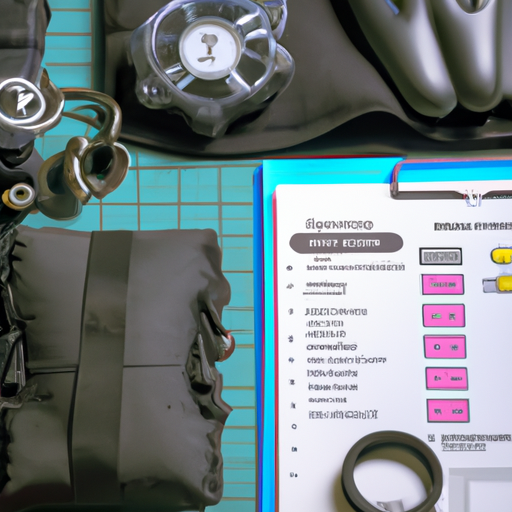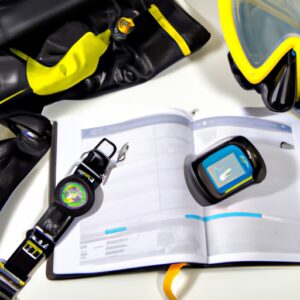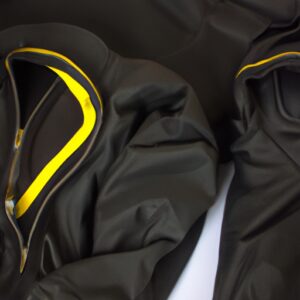
Picking the Right Weight System for Your Dive
Hey there fellow dive enthusiasts! It’s a beautiful day to explore the depths of the ocean, but before we get started, we need to make sure we’re properly equipped with the right weight system. I know it can be overwhelming with all the options out there, but fear not, I’m here to help you pick the perfect one.
Why Is A Weight System Important?
First things first, let’s talk about why a weight system is important. Simply put, it helps you stay submerged at the right depth to maintain neutral buoyancy. This allows you to conserve your energy and move smoothly through the water without floating to the surface or sinking to the bottom like a rock.
Not only does a weight system help you control your buoyancy, but it also affects your safety. Too much weight can cause you to sink too fast and too deep, while too little weight can make it difficult to stay submerged, especially in rough waters.
Types of Weight Systems
Now that we understand the importance of a weight system, let’s take a look at the different types available:
- Weight Belt: A classic and popular choice among divers. A weight belt is a strap that goes around your waist and holds lead weights. It’s adjustable, easy to use, and can be worn with any type of diving gear.
- BCD Integrated Weight System: This type of weight system is built into your buoyancy control device (BCD) and often uses pockets to hold the weights. It’s convenient and streamlines your gear, but can be more expensive and less customizable.
- Ankle Weights: As the name suggests, these weights wrap around your ankles and can be used in addition to a weight belt or integrated system. They’re particularly useful for divers with back problems or those who need extra stability.
Choosing the Right Weight
Once you’ve decided on the type of weight system you want, the next step is to determine how much weight you need. This will depend on a few factors:
- Body Composition: Your weight, height, and body fat percentage will affect how much weight you need.
- Diving Conditions: The temperature, depth, and the type of water you’re diving in (salt or fresh) will also affect your weight requirements. For example, saltwater is denser than fresh water, which means you’ll need more weight to stay submerged.
- Equipment: The weight of your gear, including your wetsuit, BCD, and tank, will also factor into how much weight you need.
It’s important to get your weight right before diving. Too much weight can be dangerous and cause you to sink too fast, while too little weight can make it difficult to stay submerged. A good rule of thumb is to start with 10% of your body weight and adjust from there.
Final Thoughts
Choosing the right weight system can make a big difference in your diving experience. It’s important to consider the type of weight system, how much weight you need, and the diving conditions before making a decision.
Don’t be afraid to ask for help from a dive professional or experienced diver if you’re unsure. Remember, safety should always come first. With the right weight system, you’ll be able to dive with ease and discover the beauty of the underwater world.
Until next time, keep calm and dive on!








